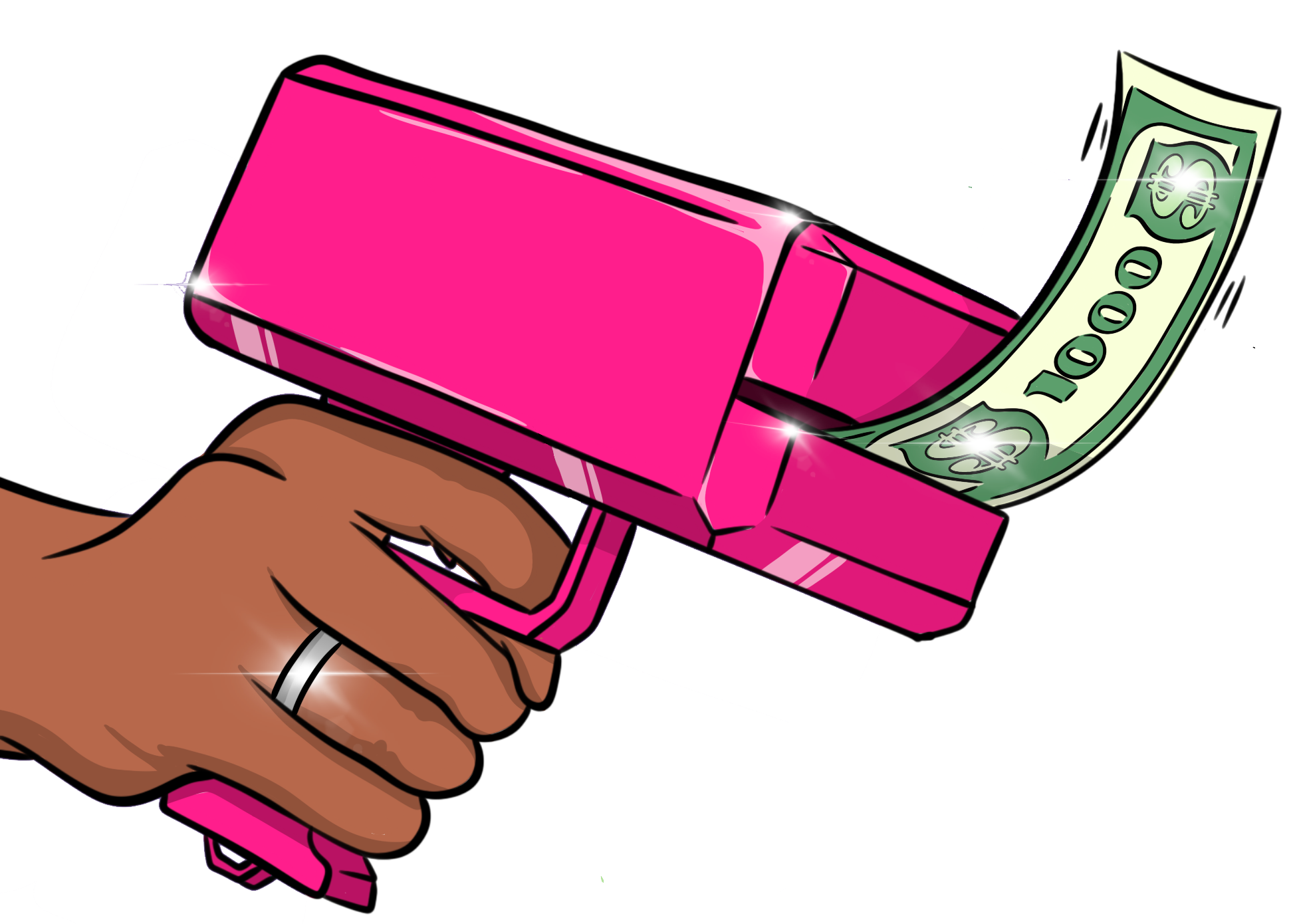Sex therapy/psychosexual therapy is much more than helping marriage problems, and it can benefit all of us! Therapy, in general, can get a bad wrap. A lot of us think it’s only for people with ‘problems’ but I believe it's something we should all do (if we can afford it) and only good things can come from talking about your feelings.
Psychosexual therapy aims to help you work through your relationship and sexual issues in a judgement-free and safe way. It’s important to highlight that it is talking-based therapy and does not involve touch, ever.
We all face obstacles in our relationships – even the best of us and sexual difficulties can affect anyone and are more common than you may think. Here are some common problems sex therapists can help you with!
Issues Sex Therapists Can Help With
- Loss of interest in sex (sexual desire)
- High sexual desire
- Painful sex (vaginismus, dyspareunia)
- Anorgasmia (struggles with orgasming)
- Erection problems
- Ejaculation problems
- Communication issues in relationships
- Relationship issues as a result of sexual issues
- Marriage issues
- Helping you through divorce
- Trauma and abuse
- Gender identity
- Asexuality (coming to terms with)
- Sexual offending
- Infertility
Psychotherapy vs Counselling
The terms Psychotherapy and Counselling are often used interchangeably but they are different. This can cause us to be disappointed if we go for counselling and expect a psychotherapy approach and vice versa.
COSRT’s definitions of the two are:
“Psychotherapy can be properly used to indicate long-term treatment where you deal with psychological issues that have built up over a long time. You’ll tackle what is affecting you now by exploring your past, and how experiences, patterns of thinking and behaviour affect the way you interact with the world.
You’ll try to find the root cause of issues, rather than trying to manage them. Sometimes you will focus on yourself a lot, looking at questions of identity and belief.
Counselling on the other hand is most often used to refer to time-limited treatment focused on specific issues and behavioural patterns. You’ll usually agree to a set number of planned sessions at the outset of your therapy, with one or more set goals. Because there is a limit to the time, counselling will often be quite structured with planned sessions.
When in counselling you might look at problem-solving or learning techniques to cope with or avoid problem areas. Think of it as an approach that encourages the change of behaviour, looking at what is happening to you right now. For example, trying to tackle addiction or grief.”
Finding a Sex Therapist
The difficulty with counselling and psychotherapy is that there is no legal regulation. This means that people can call themselves sex therapists with very little training.
This is why it’s so important to research your therapist and their background before agreeing to sessions.
In the UK, the best and strictest national register to find psychosexual therapists is COSRT which is the sex & relationships version of BACP or UKCP.
The American version of COSRT is AASECT where you again will find psychosexual therapists that are properly accredited.
If you cannot afford private therapy, your NHS GP can refer you for a limited number of free sessions.
REMEMBER: You are not broken if you have sexual or relationship problems, we are all human and it's totally normal 💜








